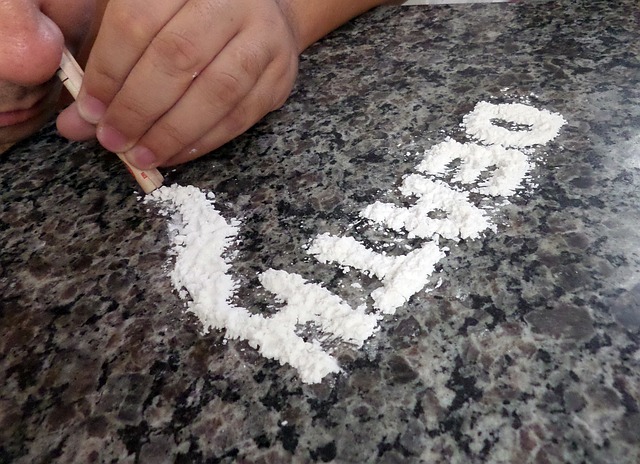Fentanyl, Cocaine, and Heroin in Southeast Michigan
What is fentanyl and what can we do about it?

Stephen Henderson meets with Dr. Calvin Trent, vice president for programs for the Detroit Recovery Project, to discuss the prescription painkiller fentanyl which has been linked to many overdoses in the southeast Michigan region. The key points of their discussion:
- “You die before you get high”: Trent says fentanyl, a prescription analgesic used primarily as medication for terminal cancer patients or as an anesthetic, is reputed to be 80-100% more potent than morphine and 20% more so than heroin which makes it very attractive to recreational drug users. He says that if drug users know the cocaine or heroin they are using is mixed with fentanyl they can adjust the dosage accordingly. For those who are unaware of the presence of fentanyl and overdose or miscalculate the dosage, the user dies before ever feeling the effects of the drug.
- Then and now: Trent remembers another spike in overdoses caused by fentanyl on a national scale which occurred in 2005 and 2006. He says in the past ten years the number of unintentional deaths due to opiates and overdoses has quadrupled and is steadily increasing. During the last few years, however, Trent says that focus has shifted from the “tragic failure” of the war on drugs to recovery from and prevention of drug addiction.
- Drugs in Michigan: Trent says the danger of fentanyl, cocaine, and heroin is particularly pervasive among younger people and students in rural and suburban areas. He says because Michigan now closely monitors prescription drug purchases, drugs like fentanyl are expensive and hard to come by, forcing people to turn to illegal drug markets which are often unsafe.
- Manageable not curable: Trent speaks about the Comprehensive Addiction Recovery Act and the need for more education about drugs and addiction prevention in schools. He says people with drug addictions can be stabilized but have to work hard at their recovery every day. He urges people to be conscious about drug use and to seek treatment saying, “you can’t get a dead person into recovery.”
Hear the full conversation by clicking the audio link above.
